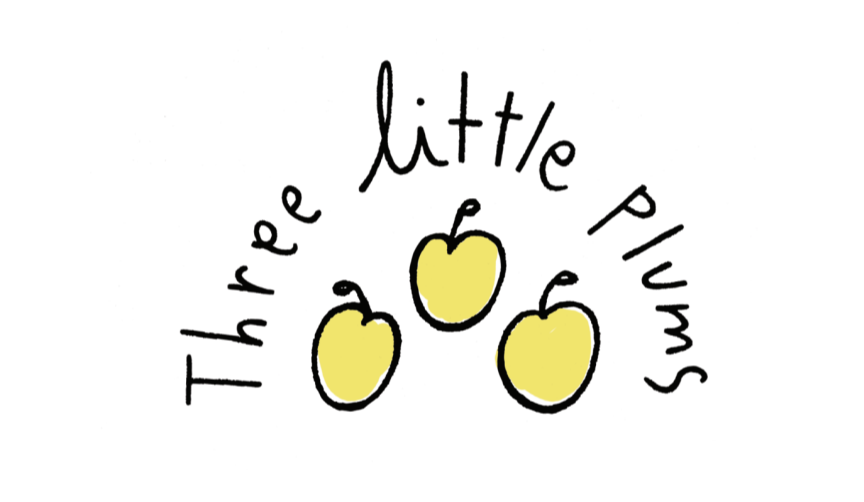Why "BPA Free" is Not A Safer Alternative

Most of us know what BPA is - or at least where it is used: BPA is a chemical that is often used in clear, shatterproof plastics, such as baby bottles and food-storage containers, as well as the liners of metal food cans and even in thermal store receipts.
WE know that bisphenol A, BPA, should be avoided. WE have known that for about twenty years and in that time countless studies have been published showing how BPA does indeed have a serious effect on the developing brain, heart, lung, prostate, mammary gland, sperm and eggs. In fact, so much is known about BPA that it is probably one of the most well known and well studied chemicals - which is why our stores are filled with BPA free plastic.
Parents everywhere still routinely seek out 'BPA FREE' items for their children because the underlying assumption is that if it is BPA free it must be safe.
But is it?
For some time now, however, studies have started showing that BPA free plastics can also be damaging to human health. The reason? Manufacturers have indeed taken out BPA but - in order to achieve similar end products (ie clear plastic) they have used very similar replacement chemicals.
Now another study has been published, by the same researchers that first called out the dangers of BPA showing that other chemicals in the bisphenol family are equally harmful as BPA.
What did the new study find?
1. Replacement bisphenols (the chemicals used to replace BPA) produce remarkably similar chromosomal abnormalities to those seen so many years earlier in studies of BPA.
2. The studies were done on rats, however the researchers explain that " Although the studies focused on rodents, the dosage was low enough to be relevant to what humans using BPA-free plastics would be exposed to."
3. The new replacement chemicals are specifically being found to negatively affected development of brain cells that control reproduction and one specific popular replacement chemical, BPS was recently found to potentially promoted the growth of cancer cells
4. Furthermore? Even after the source of contamination was eliminated, its effects were felt for three generations. In other words our children can suffer the consequences of their grandparents BPA exposure. This is a big deal, since BPA has been found in the past to be a chemical easy to eliminate when a person stops being exposed to the source of BPA.
What this means for you
Basically, when possible, you should avoid plastics.
1. The most important times to avoid plastics are during pregnancy (when plastic chemicals like bisphenols can affect mother's hormones and in turn affect the developing baby) and early childhood.
2. Safest alternatives? Depending on the item you are replacing seek out: Glass, stainless steel, wood, natural rubber etc.
3. Need some inspiration? Our Amazon SHOP (head over the the SHOP tab at the top of the page) is filled with Bisphenol free items.
FINAL THOUGHTS
Last year I tested myself using the Detox Me Action Kit. One of the most interesting results I had? Very low, almost non existent levels of BPA however I did have BPS in my system. Considering I am quite vigilant about avoiding plastics (yes, even BPA free plastics), canned foods and try to not touch thermal receipts, it came as a surprise and speaks to how prominent low levels of bisphenols are in our every day lives.
Also, the latest findings shows how broken our chemical regulatory system is. Companies rushed to take out a harmful chemical, BPA, replaced it with very similar chemical, sold the new products as safe and no one tested the new chemicals for safety before being mass manufactured.
